Introduction
Coffee is one of the most consumed beverages worldwide, and within this vast market, Robusta coffee holds a significant place. Known for its strong, bold flavor and higher caffeine content, Robusta coffee is often used in espresso blends and instant coffee. However, the production of Robusta coffee comes with its own set of challenges, especially concerning fair trade and ethical sourcing. This blog delves into what fair trade and sourcing mean in the context of Robusta coffee and why they are crucial for the industry’s sustainability and the well-being of coffee farmers.
Understanding Fair Trade
Fair trade is a movement aimed at ensuring that producers in developing countries get a fair price for their products. For coffee, this means guaranteeing that farmers receive a minimum price that covers the cost of sustainable production and provides a decent standard of living. Fair trade also encompasses several other criteria, including safe working conditions, environmental protection, and community development. 
Key Principles of Fair Trade:
- Fair Pricing: Ensures that farmers receive a price that reflects the true value of their coffee.
- Environmental Sustainability: Promotes farming practices that are environmentally friendly and sustainable.
- Community Development: Supports social and economic development in coffee-growing communities.
- Empowerment of Farmers: Encourages farmers to participate in decision-making processes and improve their negotiating power.
The Importance of Ethical Sourcing
Ethical sourcing goes beyond just fair trade; it involves a broader commitment to ensuring that the entire supply chain operates under ethical standards. This includes labor rights, working conditions, and environmental stewardship.
Aspects of Ethical Sourcing:
- Transparency: Full visibility of the supply chain from the farm to the consumer.
- Labor Rights: Ensuring no child labor or forced labor is involved in coffee production.
- Fair Wages and Working Conditions: Providing fair wages and ensuring safe and healthy working conditions for all workers.
- Sustainable Practices: Commitment to environmentally sustainable practices, such as reducing carbon footprints and conserving water.
Challenges in Fair Trade and Ethical Sourcing of Robusta Coffee
- Market Dynamics: The global coffee market is highly competitive, and Robusta coffee often fetches a lower price than its Arabica counterpart. This price disparity can make it difficult for Robusta farmers to meet fair trade standards.
- Certification Costs: Obtaining fair trade certification can be costly and complex, particularly for smallholder farmers who may lack the resources to navigate the certification process.
- Lack of Awareness: Many consumers are more familiar with fair trade Arabica coffee, leading to less demand for fair trade Robusta coffee.
- Supply Chain Complexity: Ensuring transparency and practices throughout the supply chain can be challenging, especially in regions with weak regulatory frameworks.
Benefits of Fair Trade and Ethical Sourcing
Despite these challenges, there are significant benefits to fair trade and ethical sourcing for both producers and consumers.
For Producers:
- Improved Livelihoods: Fair prices and community development initiatives can significantly improve the living standards of coffee farmers.
- Sustainable Farming: Fair trade standards promote environmentally friendly farming practices, which can lead to better long-term sustainability.
- Empowerment: Fair trade cooperatives give farmers a stronger voice and more control over their production and sales.
For Consumers:
- Quality Assurance: Fair trade and ethically sourced coffee often meet higher quality standards.
- Ethical Consumption: Consumers can enjoy their coffee knowing it was produced under fair and ethical conditions.
- Supporting Sustainability: By choosing fair trade and ethically sourced coffee, consumers contribute to the sustainability of the coffee industry and the well-being of farming communities.
Case Studies
2. Ugandan Coffee Cooperatives: In Uganda, coffee cooperatives are working towards fair trade certification. These cooperatives focus on improving the quality of their Robusta coffee while adhering to fair trade standards. As a result, they are able to negotiate better prices and invest in community development projects such as schools and healthcare facilities.
1. The Success of Vietnamese Robusta Coffee Farmers: In Vietnam, one of the largest producers of Robusta coffee, fair trade initiatives have helped smallholder farmers gain better access to international markets. These farmers receive training in sustainable agricultural practices and are able to sell their coffee at fair prices, which improves their economic stability and quality of life.

How to Support Fair Trade and Sourcing
- Buy Fair Trade Certified Coffee: Look for fair trade certification labels when purchasing coffee. These labels guarantee that the coffee meets fair trade standards.
- Support Ethical Brands: Choose brands that are committed to ethical sourcing practices. Many brands provide information about their sourcing policies and the initiatives they support.
- Raise Awareness: Educate others about the importance of fair trade and ethical sourcing in the coffee industry. Share information and encourage friends and family to make ethical choices.
- Advocate for Policy Changes: Support policies that promote fair trade and ethical sourcing in the coffee industry. This can include advocating for government regulations that protect coffee farmers and the environment.
Conclusion
Fair trade and ethical sourcing are essential for ensuring the sustainability and fairness of the coffee industry, especially for Robusta coffee. By supporting fair trade practices, consumers can help improve the livelihoods of coffee farmers, promote sustainable farming methods, and contribute to the overall well-being of coffee-growing communities. Making informed choices and supporting ethical brands can have a significant positive impact on the industry and the environment.
